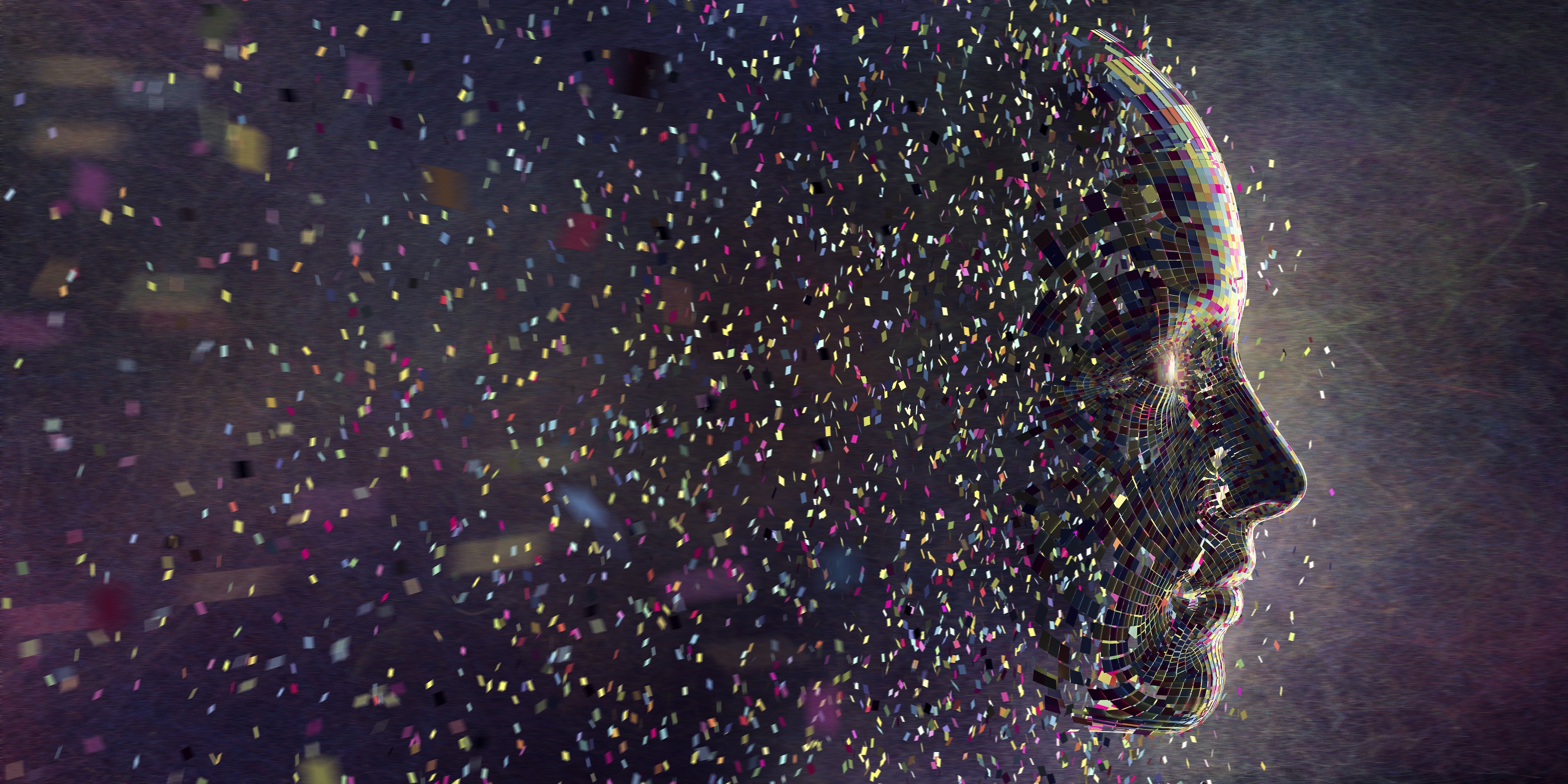
The Fourth Industrial Revolution represents a fundamental change in the way we live, work and relate to one another. It is a new chapter in human development, enabled by extraordinary technology advances commensurate with those of the first, second and third industrial revolutions. These advances are merging the physical, digital and biological worlds in ways that create both huge promise and potential peril. The speed, breadth and depth of this revolution is forcing us to rethink how countries develop, how organisations create value and even what it means to be human. The Fourth Industrial Revolution is about more than just technology-driven change; it is an opportunity to help everyone, including leaders, policy-makers and people from all income groups and nations, to harness converging technologies in order to create an inclusive, human-centred future. The real opportunity is to look beyond technology, and find ways to give the greatest number of people the ability to positively impact their families, organisations and communities.

Tokyo 2020: How can 3D printing support paralympic athletes?
3D printing is helping deliver bespoke and affordable equipment to this year's paralympic athletes at the 2020 Olympic and Paralympic games in Tokyo.

The term AI overpromises. Let's make machine learning work better for humans instead
Current artificial intelligence just recognizes and replicates. We should focus on how best to integrate such systems with more discerning human operators

Meeting the crypto regulatory challenge
Crypto adoption soared during the pandemic. With the right rules, it could help boost the formal economy and secure financial inclusion on a global scale.

These countries rank highest for digital competitiveness
New report ranks 140 countries by their digital competitiveness. The results show that digital advances don't always come from the most obvious places.

Why paytech is the key to unlocking Africa's new free trade zone
Payment across national borders will be vital to AfCFTA's success – and Africa's emerging paytech sector already has the experience to make this happen

A $2 billion fintech startup has become Africa’s fastest unicorn
OPay broke investment and valuation records for start-ups in Africa, following investment from SoftBank, with Sequoia Capital China, and five other firms participating.

Researchers at MIT have found a way to create 'cool pavements' in a bid to battle climate change
Pavements heat up cities, by re-emitting solar radiation from the sun. Researchers at MIT have created 'cool pavements' that reflect more solar radiation and emit less heat.

Tokyo 2020: How social media has helped Olympic athletes find their voice
Gen Z athletes are connecting directly with millions of followers on Instagram, Twitter and TikTok to share thoughts, feelings and their personal wellbeing.

This inflatable prosthetic hand gives amputees real-time control
Engineers at MIT and Shanghai Jiao Tong University have designed a lightweight, and potentially low-cost neuroprosthetic hand for upper-limb amputees.

How ethical, inclusive tech can help us create a better world
Leaders must ensure technology is inclusive through development, application and access.

What is the metaverse? 2 experts explain
The metaverse is a concept from science fiction that many people in the technology industry envision as the successor to today’s internet.

5 critical challenges NFTs still need to overcome
NFTs have exploded in popularity in 2021, but the industry is still in its early stages. Here experts look at what's needed to help them break further into the mainstream.